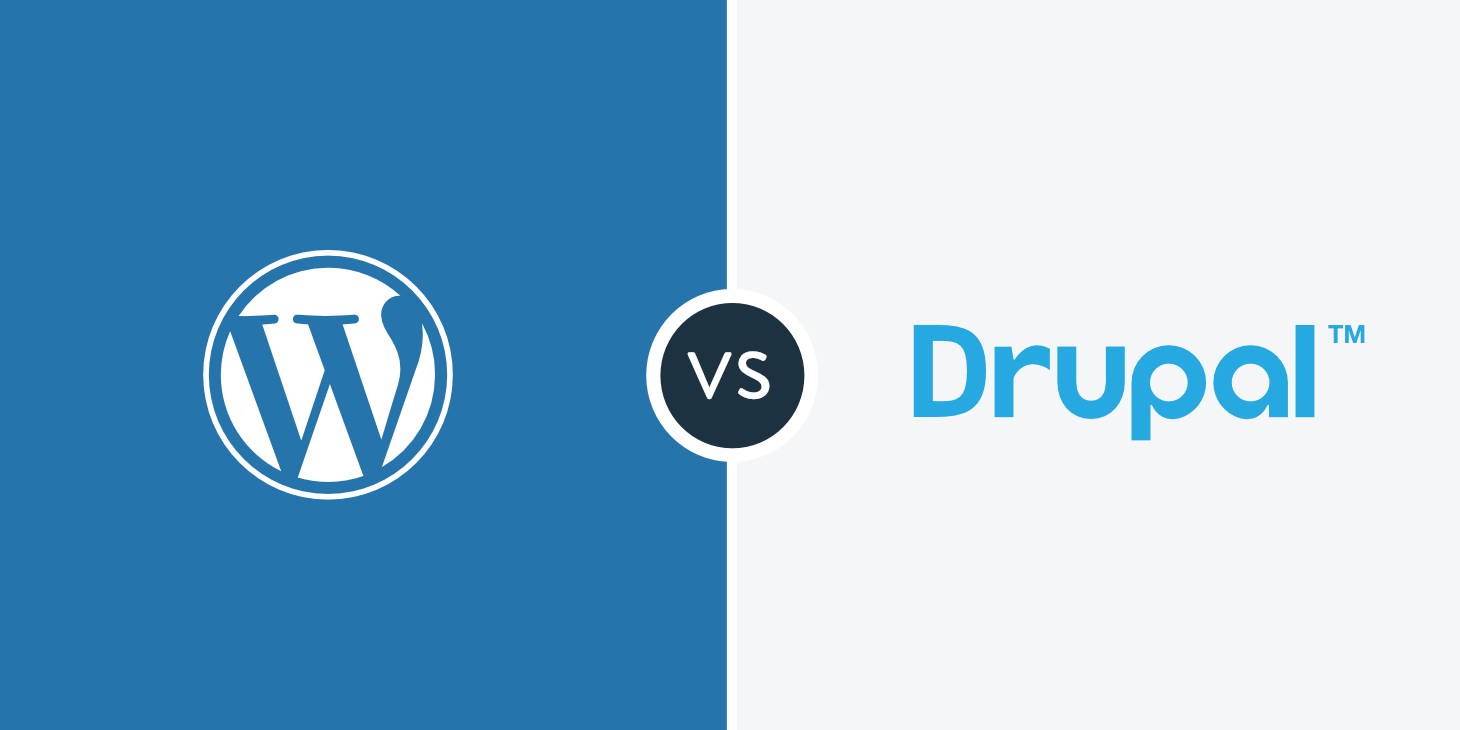Wordpress VS Drupal, step to step comparision:

Drupal and WordPress are both popular content management systems, but they differ in many ways. Here are some key differences between Drupal and WordPress:
-
Complexity and Scalability: Drupal is known for its complexity and scalability, which makes it a great choice for building large, complex websites. WordPress, on the other hand, is known for being more user-friendly and easier to set up, making it a popular choice for smaller websites and blogs.
-
Customization: Drupal offers more flexibility for customization than WordPress, thanks to its modular architecture. Drupal allows for more control over the design and functionality of a site, but this comes at the cost of a steeper learning curve. WordPress, on the other hand, has a vast ecosystem of plugins and themes, which makes it easy to customize a site without any coding knowledge.
-
Security: Both Drupal and WordPress are open source platforms, which means that the code is available for anyone to view and modify. However, Drupal is generally considered to be more secure than WordPress, thanks to its more robust security features and tighter access controls.
-
Community: Both Drupal and WordPress have large and active communities of developers and users, but WordPress has a larger user base overall. This means that there are more plugins and themes available for WordPress, as well as more resources for troubleshooting and support.
-
Cost: Drupal and WordPress are both free to download and use, but the cost of building and maintaining a site can vary depending on the complexity and level of customization. Drupal generally requires more development resources and a higher level of technical expertise, which can make it more expensive to implement and maintain.
Ultimately, the choice between Drupal and WordPress will depend on the specific needs and goals of your website or project. If you're looking for a highly customizable platform with strong security features and the ability to handle complex functionality, Drupal may be the better choice. If you're looking for a more user-friendly platform with a vast library of plugins and themes and the ability to set up a site quickly, WordPress may be the better choice.